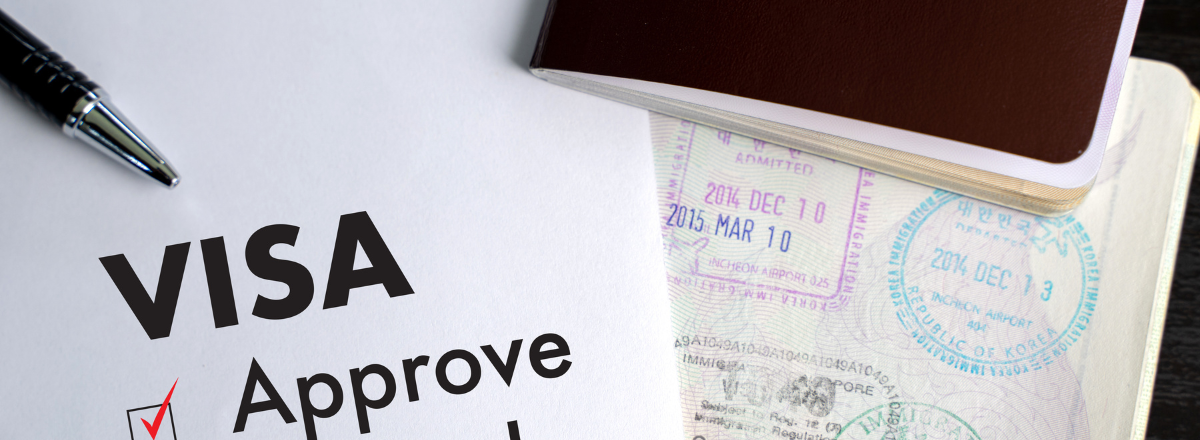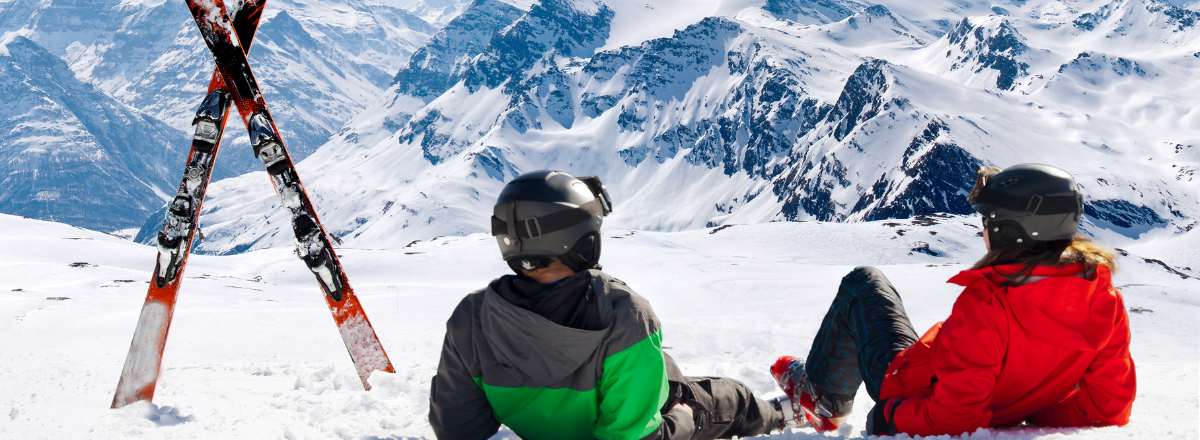With ski season coming up, if you’re planning on spending the winter working abroad in some capacity – whether as an instructor, chef, chalet host or resort rep – you’ll need some assistance.
Since the UK left the EU in 2020, it’s not as easy to work abroad as it once was, even if it is in the nearby mountains and slopes of Europe.
Post-Brexit UK workers are now considered as Third Country Nationals, which means needing a work permit and working visa even to work in European countries such as France, Austria, Spain, Italy and Germany. Switzerland works a little differently due to a post-Brexit deal made between the non-EU member, Switzerland and the UK.
If you are thinking of working abroad, here’s what you need to know and do. Plus, how we can help make the process a little bit smoother.
How to get your seasonal work visa

Seasonal workers from outside the EU can apply for a long stay visa if they are hired as a “travailleur saisonnier” (seasonal worker)
Pre-Brexit, seasonal ski staff from the UK could be easily hired under the Posted Workers Directive in EU nations. Now you’ll need a specific work permit or employee visa that usually covers seasonal workers for up to 90 days.
The easiest way to get one is to get a job secured first with a reputable ski resort. Here’s what SBIT (Seasonal Business in Travel) – an official point of contract for the UK ski industry and related business – says:
‘You need to make sure that if you are employed to work in the EU, your employer obtains the right paperwork for you, usually a work permit and a visa. You may need to go for an interview at an embassy and/or have your passport stamped. You may also need to have a medical or an X-ray.’
Most employee visa applications will require you to have:
- proof of employment
- a valid passport
- photograph
- proof of where you’ll be staying/living
- medical certificate (see below for details).
Do make sure you double check the Foreign & Commonwealth Office website for details about each country’s requirements.
For instance, anyone applying to work in France this winter will need a medical note and specific signed document.
A seasonal work visa can take weeks if not months to secure so do leave plenty of time to sort yours. And remember, once you’re at the resort you may still need to arrange for a residency card via the police station or local council.
Fit to work abroad: how to get proof

The purpose and scope of the IHR 2005 is to prevent, protect against, control, and provide a public health response to the international spread of disease.
As part of your visa application you’ll need to provide a medical certificate of good health (IHR 2005) to show you’re fit to work abroad, and won’t be reliant on that country’s health resources.
ZoomDoc can provide you with a same-day medical certificate saving you an unnecessary trip to the doctor’s to sort it, speeding up the whole process.
Here’s how it works:
- Order your Visa Medical – Certificate of Good Health for £59 here.
- Follow the instructions and supply documents and evidence requested such as photo ID, your digital Summary Care Record and an online medical form.
- You will receive a verifiable letter signed by one of our GMC and FCDO-registered UK doctors, confirming you do not suffer from any disease that could cause serious repercussions to public health, according to the specifications of the International Health Regulations (IHR) of 2005.
Fit to work in France

An increasing number of employers advertising seasonal jobs in the French Alps are requiring applicants to have either a valid EU passport or a French working visa.
Working in France? To be able to work across the Channel all non-EU employees require a specific ‘fit to work’ certificate (Certificat d’aptitude au travail) as well as something called a Republique Francaise Medical Certificate.
ZoomDoc can issue both of these for £69 (usual price £79).
Order your France Work Medical Certificate.
Did you know ZoomDoc can provide a range of medical letters and certificates from GP Referral Letters to Fit To Fly proof travel during pregnancy.
Find out which other Medical Letters could help make your life or travels easier.
Getting medical help when you’re working in Europe
Although you’ve proved you’re fit and well to work abroad, illness and accidents do happen – particularly on the ski slopes – so make sure you know who to call for medical help.
When you travel to an EU country or Switzerland you should have either:
- a UK Global Health Insurance Card (GHIC)
- a European Health Insurance Card (EHIC)
These will allow you to get medically necessary state healthcare in Europe at a reduced cost, or sometimes for free. If your EHIC card has expired apply for a GHIC here.
You will also need to have travel insurance with healthcare cover.
To call an ambulance in a European country, call 112.

